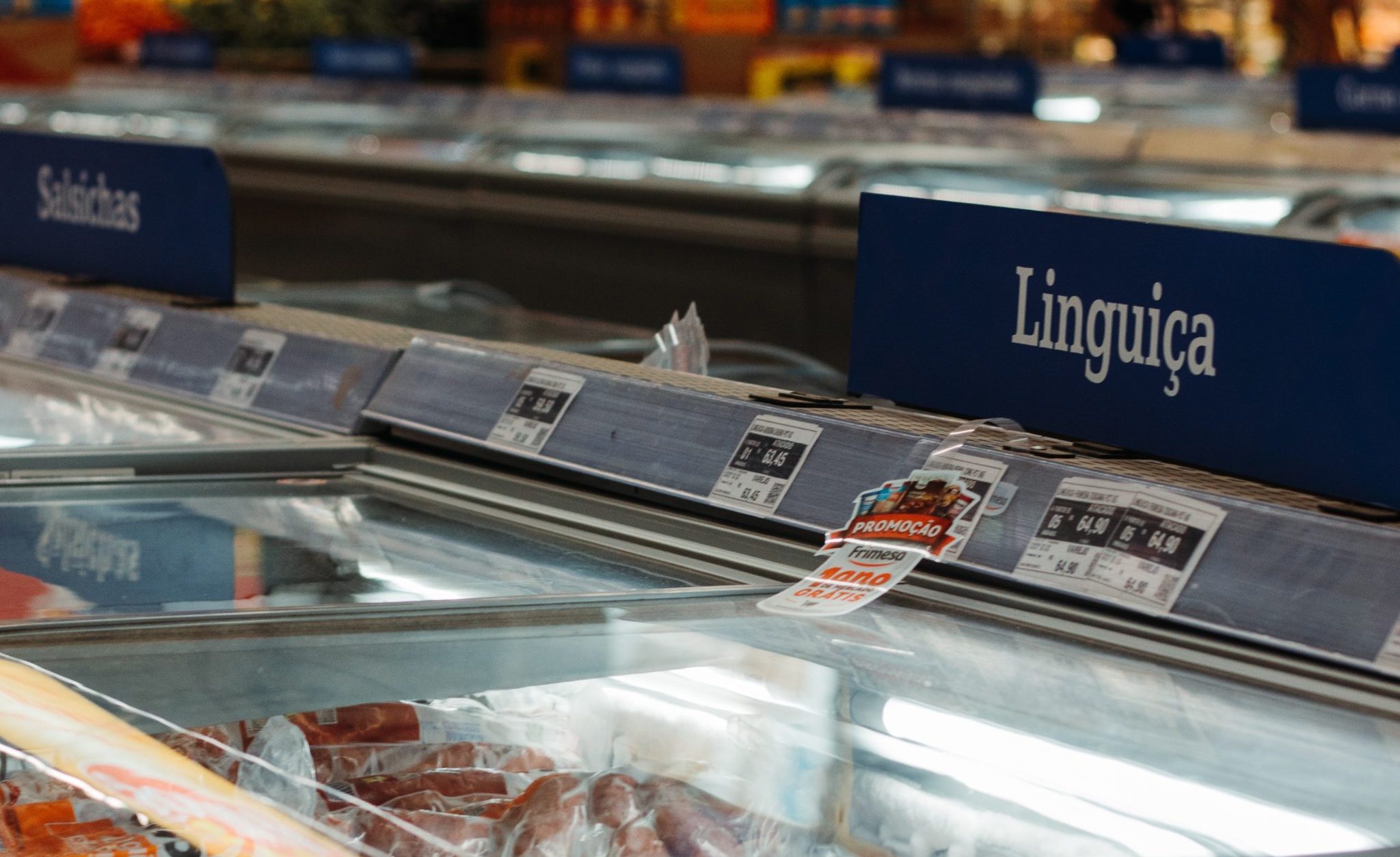BSE can be transmitted to humans, leading to a variant form of Creutzfeldt-Jakob disease (vCJD), a rare and fatal human neurodegenerative condition.
Qatar has officially lifted the ban on beef imports from Brazil following an isolated incident of atypical Bovine Spongiform Encephalopathy (BSE), also known as mad cow disease, according to the Arab Brazilian Chamber of Commerce.
The ban, which was initially implemented due to safety concerns, was removed after satisfactory responses from Brazil regarding the issue.
“The Brazilian government was pleased to receive the announcement yesterday, May 29, of the end of restrictions on Brazilian beef imposed by Qatar,” the Brazilian Ministry of Agriculture and Livestock confirmed in a recent statement.
The decision by the Qatari government is the latest in a series of market reopening for Brazil following the BSE incident. Tunisia, Palestine, and Russia have also lifted their restrictions, signalling a return to normalcy for Brazilian beef exports.
BSE is a progressive neurological disorder of cattle that results from a misfolded protein, or prion. The classic form of BSE, often referred to as “mad cow disease,” sparked a major crisis in the UK beef industry in the 1980s and 1990s.
BSE can be transmitted to humans, leading to a variant form of Creutzfeldt-Jakob disease (vCJD), a rare and fatal human neurodegenerative condition.
Transmission has primarily been associated with eating beef products contaminated with central nervous system tissue, such as spinal cord and brain, from cows infected with BSE.
The occurrence of BSE has been drastically reduced through control measures like banning specified risk materials from the food chain and prohibiting the use of certain animal proteins in livestock feed. Monitoring and surveillance methods have also been implemented to detect cases and prevent the spread of BSE.
The case identified in Brazil was of an atypical form of BSE, which occurs sporadically and naturally in all cattle populations. Notably, this form is not linked to contaminated feed or vCJD in humans and the World Organization for Animal Health (WOAH) assured this type of BSE does not warrant import restrictions.
The lifting of the ban is a significant boost for the Brazilian beef industry, which experienced a setback due to the imposed restrictions.
Last year alone, Brazil exported 6,000 tonnes of beef to Qatar, generating $36.9 million in revenue. The reinstatement of this trade relationship represents a crucial step towards the full normalisation of the beef trade between Brazil and Qatar.
Despite this, experts continue to monitor the situation closely, maintaining that safety and health regulations must be strictly followed to ensure public safety and maintain consumer confidence in the global beef industry.







